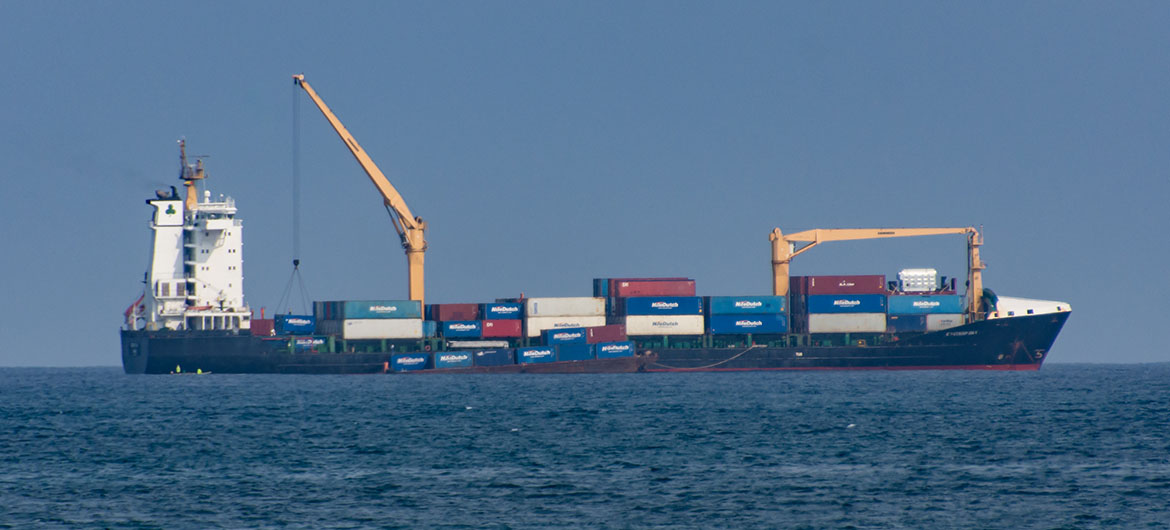Financial uncertainty caused by “significant risks” to global trade, is responsible for a sharp fall in international investment flows which could hurt developing countries the most, according to a new UN report, released on Wednesday.
UNCTAD, the UN Conference on Trade and Development, reports that foreign direct investment – or FDI – fell by nearly a quarter last year, to $1.4 trillion.
This is significant because FDI is vital for industrial development, including upgrading facilities and other infrastructure; it also connects countries to international markets, driving innovation and competition, the report highlights.
Developed economies saw the biggest drop in FDI flows in 2017 – at 37 per cent, to $712 billion – but this was to some extent expected, after a spike in 2016.
More concerning is the “lack of (FDI) recovery” among developing economies last year, since FDI is the “largest external source” of finance for developing countries, at around 40 per cent, UNCTAD says.
In developing African States, external investment levels “continued to slide” to $42 billion; marking a 21 per cent fall since 2016.
By way of contrast, investor interest in Asia’s developing economies “remained stable” – at $476 billion – maintaining the region’s position as the largest FDI recipient in the world.
In Latin America and the Caribbean, FDI rose eight per cent, to $151 billion.
This was the region’s first increase in six years and indicative of its economic recovery, although it is still “well below” the 2011 peak during the commodities boom, the UNCTAD report noted.
For the world’s Least Developed Countries, or LDCs – 33 of which are in Africa – foreign direct investment “remained fragile” in 2017.
Their structurally weak and vulnerable economies saw a 17 per cent fall in FDI flows, to $26 billion, potentially depriving them of the opportunity to build new industry and improve infrastructure.
Lastly, small island developing States saw investment increase by four per cent, to just over $4 billion.
Looking ahead, global FDI is forecast to see a “marginal” 10 per cent increase by the end of this year, UNCTAD’s World Investment Report, says.
It notes that this is “below the average”, looking back at the past decade and is linked to “significant” risks and “policy uncertainty”, associated with “broadening” trade tensions around the world.
US tax reforms approved by Congress this year are also likely to affect future global investment decisions, the report adds.
On another key indicator – greenfield investment – which signals how confident parent companies are about building operations in a new region or country – the UN report noted a 14 per cent drop.
More promisingly, the report notes that more than 100 countries have adopted clear industrial development strategies in recent years, while new types of industrial policies have emerged in response to the opportunities and challenges linked to technological innovation.
